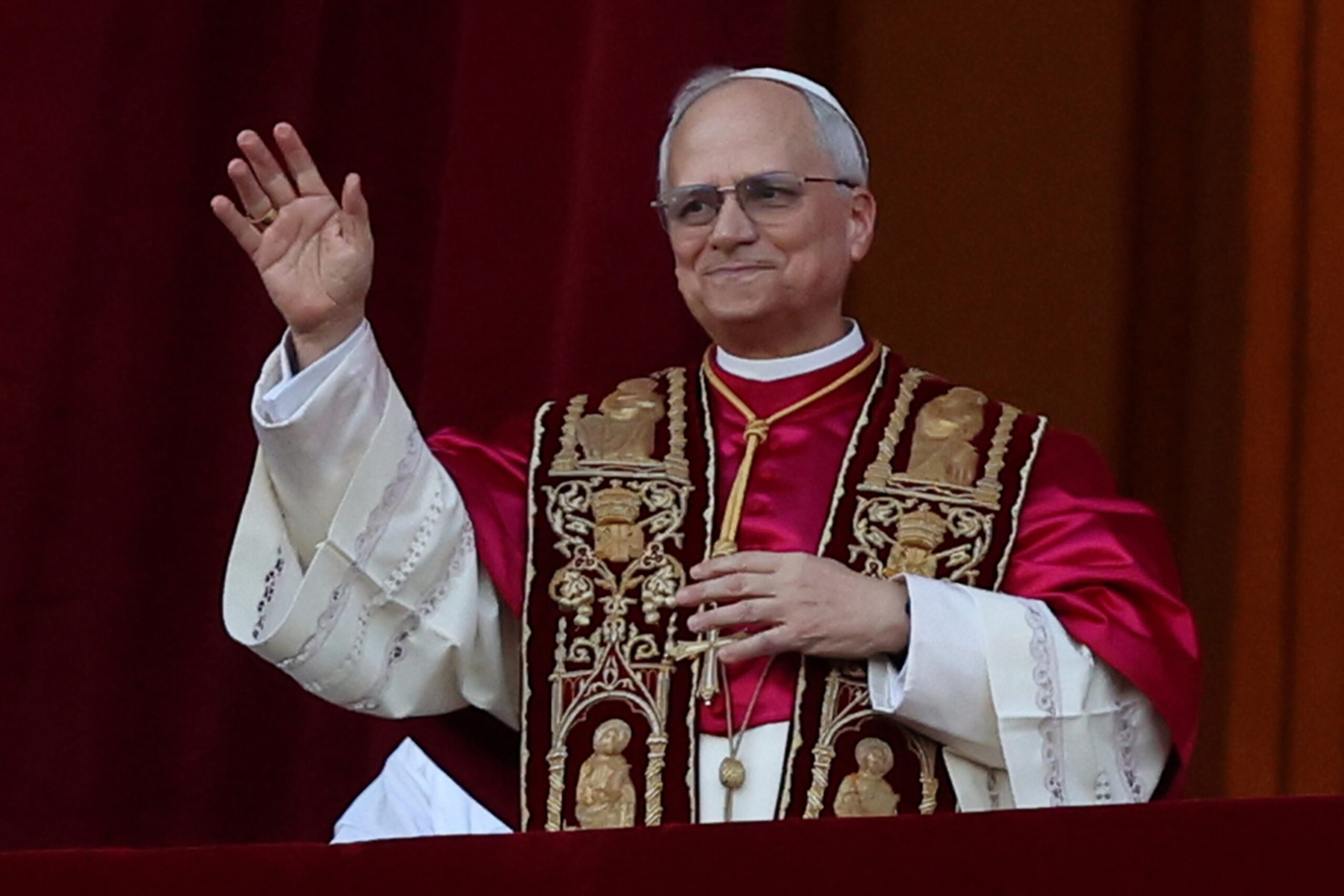On September 7, Carlo Acutis, a teenager who passed away from leukemia in 2006, will be declared the first millennial saint in the Catholic Church by Pope Leo XIV, signifying a potent fusion of technology and faith for a new generation. Acutis, who zealously defended Church doctrine and posted online records of Eucharistic Miracles, is a symbol of how profound faith can coexist with contemporary living. His glass coffin in Assisi, where he lies in his regular clothes, has already turned into a destination for thousands of people looking to draw inspiration from this remarkable young man who led a seemingly normal life.
A Tech-Savvy Saint for Modern Times
Carlo Acutis’s canonization represents a significant milestone for the Catholic Church, which embraces a saint who embodied both deep faith and technological proficiency. His life demonstrates that devotion to God and engagement with modern technology are not mutually exclusive but can reinforce each other in powerful ways.
Pope Leo XIV on Friday set Sept. 7 as the rescheduled date to canonize the Catholic Church’s first millennial-era saint Carlo Acutis.
Acutis’ canonization was originally scheduled for April, but was postponed following the death of Pope Francis. https://t.co/3t7lkcEAFk
— ABC News (@ABC) June 13, 2025
Pope Leo XIV’s announcement confirms the canonization ceremony for September 7, following a postponement from the planned April date due to Pope Francis’s passing. Carlo will be canonized alongside Pier Giorgio Frassati, celebrating youthful sanctity within the Church.
The canonization of the first Catholic saint of the millennial generation, Carlo Acutis, will take place on September 7, Pope Leo announced https://t.co/60wA7BdcEP
— Reuters (@Reuters) June 13, 2025
Despite his brief fifteen years, Carlo’s spiritual impact has been profound. His canonization process moved remarkably quickly compared to historical standards. Traditional canonization procedures often take centuries, yet Carlo’s cause has advanced in less than two decades, highlighting the extraordinary nature of his virtue and impact.
A Life of Extraordinary Virtue
Carlo’s devotion to Jesus and the Eucharist formed the foundation of his spirituality and guided his daily actions. He attended Mass daily, prayed the Rosary regularly, and displayed remarkable devotion to Eucharistic adoration, demonstrating a spiritual maturity far beyond his years.
Beyond his devotions, Carlo actively served others by teaching catechism to children and working with homeless people. His commitment to defending life was evident when he passionately advocated for the unborn during a classroom discussion on abortion, standing firmly for traditional Catholic values.
Carlo’s mother described him with touching simplicity: “Definitely, Carlo was an ordinary child like everybody. He used to play, have friends, and go to school. But his extraordinary was the fact that he opened the door of his heart to Jesus, and he put Jesus in first place in his life.”
His most enduring legacy may be his online catalog of Eucharistic Miracles, which he created using his self-taught computer programming skills. This intersection of faith and technology has earned him the unofficial title “patron saint of the internet” among many faithful.
A Growing Global Devotion
Carlo’s tomb in Assisi has become a powerful pilgrimage destination where visitors can view his remarkably preserved body in a glass coffin. His remains, dressed in everyday rather than traditional religious garments, emphasize his relatability as a typical teenager who achieves extraordinary holiness.
The Church’s decision to canonize Carlo comes at a pivotal moment when religious practice is declining in many Western countries. By elevating a modern young person who embraced both faith and technology, the Vatican offers a compelling model for Generation Z and future generations.
Multiple miracles have been attributed to Carlo’s intercession, including a boy recovering from a pancreatic abnormality and a woman’s daughter awakening from a coma. These reported healings fulfilled the Church’s canonization requirements and strengthened devotion to the young saint-to-be.
Before his passing, Pope Francis described Carlo as “a model for young people of the 21st century,” recognizing his unique ability to speak to contemporary youth. This assessment has proven prophetic as parishes and shrines dedicated to Carlo multiply worldwide.
Carlo’s canonization powerfully affirms that traditional values and modern life can coexist harmoniously when Christ remains at the center. His witness confirms that sanctity remains possible and relevant in our technological age, offering hope and direction to faithful Americans seeking to preserve traditional values in rapidly changing times.
Sources:
https://harpers.org/archive/2025/05/a-millenial-saint-carlo-acutis-canonization-assisi/

